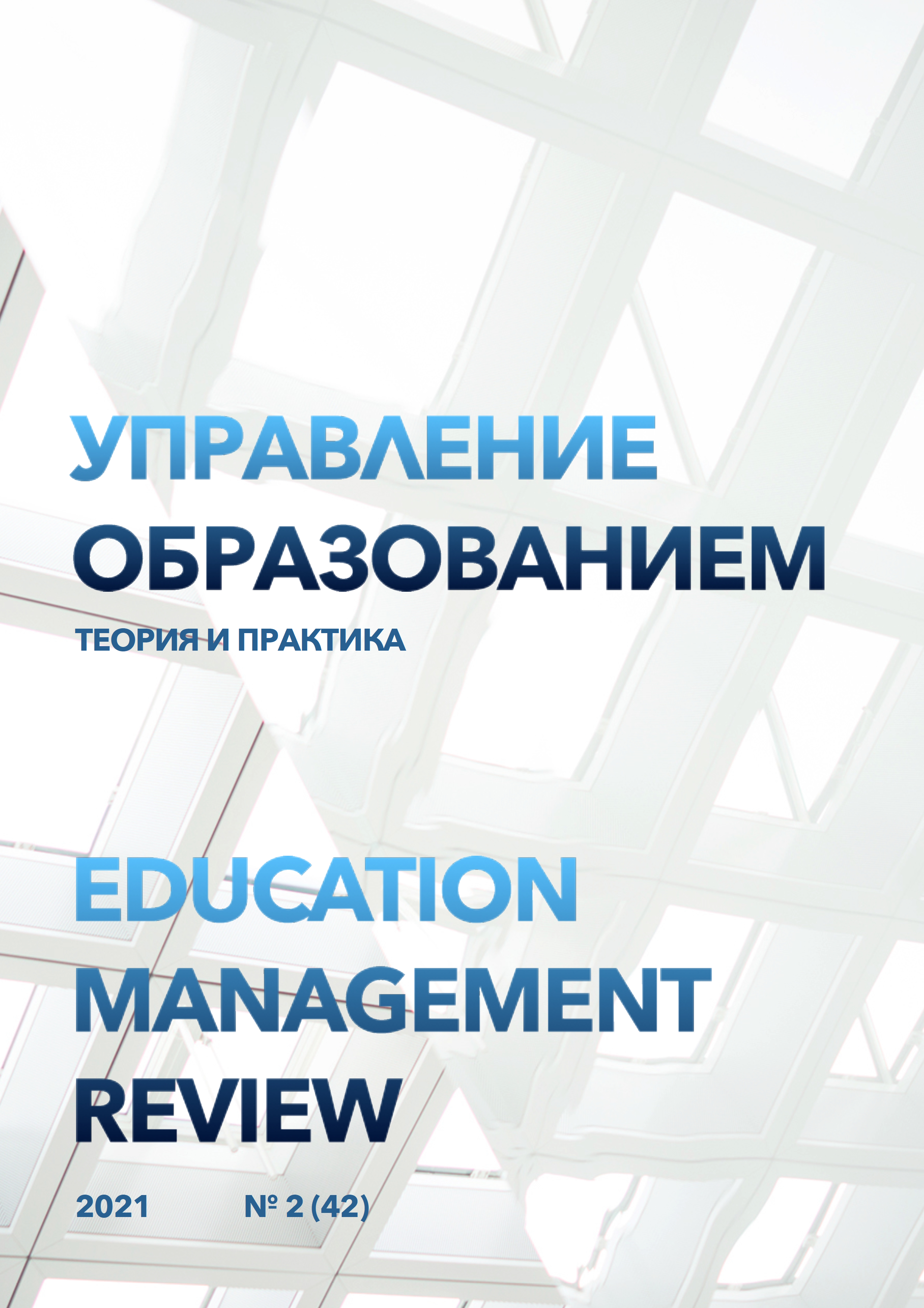Innovative methods of teaching foreign literature in higher education institutions
DOI:
https://doi.org/10.25726/d0577-7607-6427-xKeywords:
foreign literature, teaching, innovation, university.Abstract
Despite the undoubted importance in the professional training of students of philological specialties, the course of the history of foreign literature in Higher education still remains largely neglected by domestic scientists, in contrast to the school practice of teaching this discipline. This leads to the fact that innovative school methods of teaching literature are automatically transferred to higher education institutions (in the best case) or, otherwise, the teaching of literature is carried out in the traditional way using methods and techniques of work introduced during the Soviet Union. Both approaches require revision, taking into account the realities of modern higher education. Today, the student-centric paradigm in education is changing to a science-centric one, in which higher education institutions are considered primarily as research centers. This leads to significant changes in approaches to teaching: more and more attention is paid to the independent work of students, the formation of their skills of independent search and analytical processing of material. In the course of the research, the teacher appears as a mentor scientist who knows the methodology of scientific research and can pass it on to the next generations. Reducing the classroom workload requires restructuring the assessment system, ways to get feedback, and re-evaluating the effectiveness of certain types of work.
References
Cuban L. Computers meet classroom: Classroom wins. //Teachers College Record. 1993. № 95 (2). 185.
Bernard R.M., Borokhovski, E., Schmid, R.F., Tamim, R.M., & Abrami, P.C. A Metaanalysis of blended learning and technology use in Higher Education: From the general to the applied. //Journal of Computing in Higher Education, 2014. № 26 (1). 87-122.
Kitchenham B. Guidelines for performing systematic literature reviews in software engineering. // EBSE Technical Report, 2007.
Holmberg B. The evolution of the character and practice of distance education. // Open Learning, 1995. № 10 (2). 47-53.
Bower B.L. & Hardy K.P. From correspondence to cyberspace: Changes and challenges in distance education. // New Directions for Community Colleges, 2004 (128). 5-12.
Bittner W., Mallory H. University teaching by mail. // New York, 1933.
LockwoodF. Open and distance learning today.//London: 2013.Routledge.
Downes S. New models of open and distributed learning. In M. Jenmi, & M.K. Khribi (Eds.), Open Education: from OERs to MOOCs (1-22). // Berlin, 2016. Springer Heidelberg.
Sanchez-Gordon Sandra, Lujan-Mora Sergio. Technological Innovations in Large-Scale Teaching: Five Roots of MOOCS. //In Journal of Educational Computing Research (JOECR), 2017.
Yuan L. & Powell S. MOOCs and open education: Implications for higher education. // CETIS White Paper, 2013.
Caswell T., Henson S., Jensen M. & Wiley D. Open content and open educational resources: Enabling universal education. // The International Review of Research in Open and Distributed Learning, 2008. 9 (1). 1-8.
Murphy R., Gallagher L., Krumm A.E., Mislevy J. & Hafter A. Research on the use of Khan Academy in schools: Research brief. // Menlo Park: SRI International, 2014.
UNESCO. Paris OER Declaration. // Paris, France, 2012.
Paulsen M.F. Resting in e-learning peace. //International Journal of Networking and Virtual Organisations, 2009. 6(5). 460-475.
Bates A. W. Teaching in a Digital Age. //Vancouver: Tony Bates Associates Ltd., 2015.




